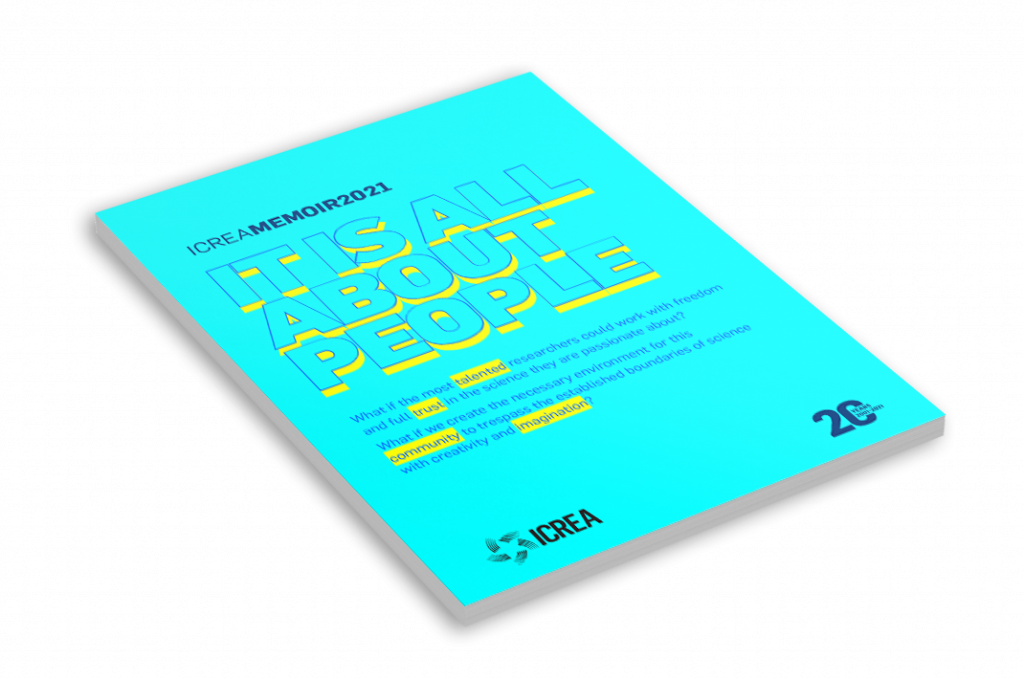Periodic fever is the most characteristic clinical symptom of human malaria, but how malaria parasites survive febrile temperatures was not known until now. Here we identified and characterized a transcription factor that regulates the protective response to febrile temperatures in Plasmodium falciparum, the parasite that causes the most severe forms of human malaria. The response of an organism to high temperature is called the heat shock response.
This transcription factor, which we termed PfAP2-HS, activates the expression of a very small number of genes when the parasite is exposed to febrile temperatures. These genes mainly encode chaperones, which help to maintain proteins correctly folded. A gene encoding HSF1, the conserved regulator of the eukaryotic heat shock response from yeast to humans, is absent from the genome of malaria parasites. PfAP2-HS does not have any structural or sequence similarity with HSF1, but it plays an analogous function activating the expression of chaperone-encoding genes at high temperature.
Several malarial transcription factors had been previously characterized, but all of them were found to be involved in regulating parasite development. PfAP2-HS is the first transcription factor identified in malaria parasites that drives a rapid protective response to a condition of the environment. In addition to regulating the malarial heat shock response, PfAP2-HS also plays an important role under basal (non-stress) conditions: parasites engineered to lack the PfAP2-HS protein were not only hypersensitive to febrile temperatures, but they also grew poorly at 37ºC, the physiological temperature for P. falciparum, and had to be cultured at 35ºC. These parasites could not maintain their proteins correctly folded even under optimal growth conditions. More importantly, they showed much higher sensitivity to the frontline antimalarial drug artemisinin, indicating that PfAP2-HS is needed for artemisinin resistance.
Our findings settle a long-standing controversy about whether malaria parasites are able to produce immediate, protective transcriptional responses when changes in their environment occur: yes, they are!

